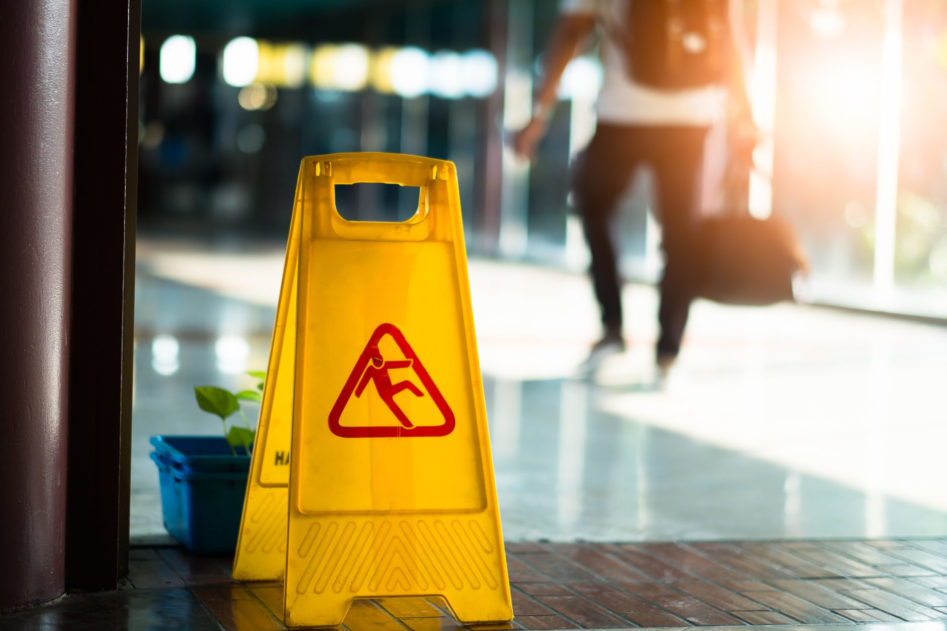Accidents and injuries are a fact of life. Everyone has slipped, tripped, or fallen in one way or another, thousands of slip and fall accidents happen every day.
But if this accident happens on someone else’s property, you may wonder whether you have a slip and fall case. Wet floors, defective stairs and rough or uneven patches of the ground are just a few of the conditions that lead to these injuries, some of them are very serious.
Whether you are pursuing an insurance settlement or personal injury lawsuit, to win your case you will need to be able to prove that someone else, usually the property owner, is liable for your injuries.
However, just because a person falls on someone else’s property does not necessarily make the property owner legally responsible for any resulting injuries.
In order to win a slip and fall case, one of the following must be provable:
- Either the owner or their employee must have caused the condition that led to the slip or trip and fall. (Examples include a spill, a worn spot on the ground, or other dangerous surfaces underfoot.)
- The owner or their employee knew about the dangerous condition but failed to do anything about it; in short.
- The owner or their agent should have known about the dangerous condition because a reasonable person taking care of the property as would be expected of them would have discovered and fixed the dangerous condition.
Essentially, the law focuses on whether the defendant makes regular and thorough efforts to keep the property clean and safe. Some of the things that will be taken into consideration are:
- Had the dangerous condition (spill, torn or worn area, loose impediment, etc.) been there long enough that the owner or employee should have known about it?
- Does the owner have a regular method and procedure for inspecting and cleaning or repairing the premises? If so, what type of proof can the owner offer as to these procedures?
- If the plaintiff tripped or slipped over an object that had been left on the ground, was there a legitimate reason for the object to be there in the first place? If so, could the object have been removed or covered or otherwise made safe?
- Could the object have been located in a different place or made safer without much greater burden on the owner?
- Could a barrier have been constructed around the object to prevent people from slipping or tripping?
- Did insufficient or broken lighting contribute to the accident?
If you were injured from a fall on someone else’s property, and you believe you may have a valid claim, your best course of action is to contact a premises liability lawyer who specializes in slip and fall cases.
Call Whitener Law Firm today to see how we can help you. 505-883-RUSS.

